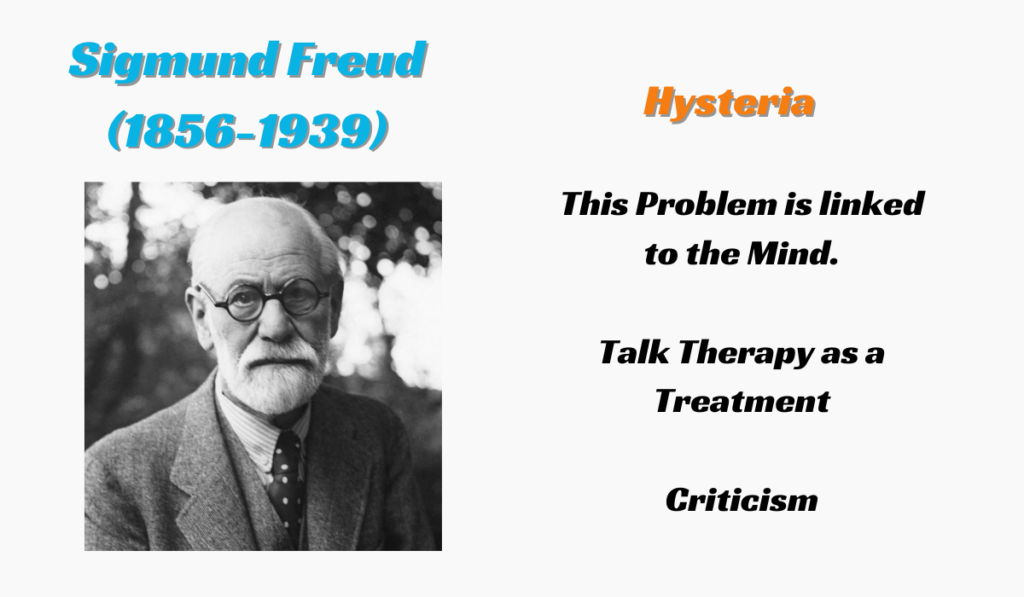
Nausea is the term used to describe stomach sickness that may coincide with vomiting. It can be activated by numerous factors, including environmental situations, emotional upsets, diet, and illness. Cancer treatments, being pregnant, and consumption of drugs like opioids and marijuana are additional factors that may induce nausea.
You can also experience nausea when sick with the common cold, the flu, pneumonia, or other viruses. Taking medications or drinking coffee on an empty stomach can also trigger nausea in some people. If you’re someone who struggles with nausea frequently, it is important to learn how to time taking your medication to prevent the onset of symptoms from a variety of triggers. Ideally, you might take your nausea medication as a preventative measure.
By taking it before you begin feeling nauseous, you may potentially offset symptoms. However, if you’re feeling nauseous, taking it as soon as possible may reduce the severity of your discomfort. Below, we discuss some ways people take anti nausea medications to give you a better idea of what you might do to prevent your symptoms from escalating. Read on to learn more.
Know When To Take Your Anti Nausea Medications
If you’re aware of certain situations that bring on nausea, such as motion sickness, you might aim to take your medication before these events to reduce the severity of your symptoms. In some instances, you may be advised to take your anti nausea medication before meals, as some medicines work better when food has been consumed 30 minutes to an hour beforehand. Speak with your doctor to determine the timing that makes the most sense for you.
Be Aware Of Motion Sickness-Inducing Scenarios
If you’re aware that motion sickness is a cause of your nausea, be aware of the circumstances that may bring about symptoms. For example, car sickness or travel sickness can both bring about symptoms of nausea.
Remembering to take your medication before traveling may be an important practice. However, it is recommended to always discuss how to time your anti nausea medications with your doctor before starting any regimen for your medication routine.
Your Doctor May Wait Until Determining The Cause
Your doctor may not prescribe you medication for your nausea until they have determined what is causing your symptoms. By knowing the cause, your doctor can determine the best anti nausea medication for you. Not every medication is taken every day, so you’ll want to discuss how frequently you’ll need to take the medication with your doctor.
Your Symptoms May Indicate Need For Specific Medications
Different medications for treating nausea work differently depending on the needs of the individual. If nausea coincides with vomiting, medications that function by blocking brain signals that trigger vomiting may be prescribed over other anti-nausea medications that function by increasing how quickly food moves through the gut. Your description of your symptoms and when they occur will give your doctor the best insight into the type of medication you need to treat your nausea and the best timing tips on when to take your anti nausea medication.
Take Medications Before Eating
Most anti nausea medications begin working between 30-60 minutes after consumption. You may be advised by your doctor to take them as needed, and ideally before your symptoms progress. Talk to your provider before taking medications or following a medication schedule.
Take Medications As Soon As Symptoms Begin
Some anti nausea medications are taken before eating or as soon as the symptoms begin. If you know you will be eating something nausea-provoking, you might aim to take your medication an hour before you eat. By taking your medication an hour before, you may prevent the onset of nausea and related symptoms. Talk to your doctor about whether you need to be following a prevention timing schedule or if you’re better off taking the medication at the onset of nausea, (as this may rescue the intensity and subsequent symptoms like vomiting).
Routine Medication Schedules May Be Necessary
If you are having cancer treatments like chemotherapy, you may be prescribed medication that follows a routine schedule, including anti nausea medications. In certain cases, your doctor may recommend reducing your anti nausea medication if vomiting occurs after taking these medications.
For Optimal Guidance, Contact Your Healthcare Provider
Ultimately, it’s best to speak with your doctor to determine when to take your anti nausea medications. The type of medication you take may vary on timing, as well as any other treatments you may be undergoing and the medication schedules that they entail. Many anti nausea medications can be taken 30-60 minutes before eating or before motion sickness sets in, and this may be one way to prevent symptoms of nausea. For optimal guidance, speak to your healthcare provider about the timing tips that matter most for your anti nausea medication needs.


